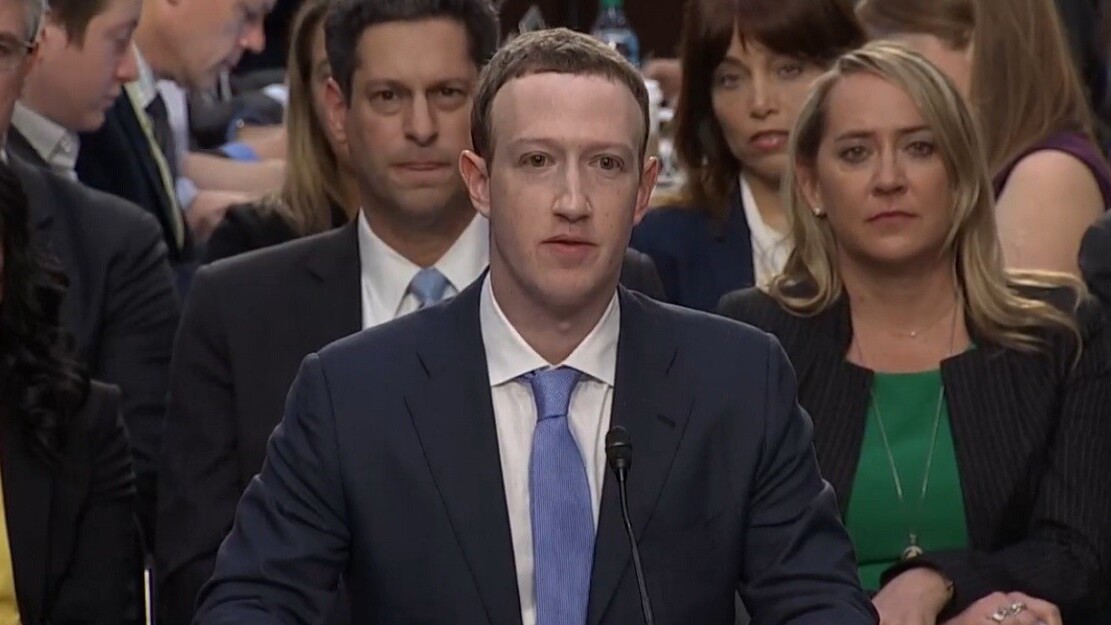
The revolt against Facebook is gathering momentum, but CEO Mark Zuckerberg can rest easy for the time being.
Amid calls for more scrutiny over Facebook’s business practices in the wake of one privacy mishap after the other, shareholders of the company made a case for Zuckerberg’s ouster as Facebook’s chairman.
At the company’s annual stockholder meeting on May 30, some 83 percent of independent shareholders proposed an overhaul of the voting structure that would limit Zuckerberg’s outsized influence on the company he co-founded.
They also pushed for a vote to decide whether Zuckerberg can stay on in his current role as both chairman and CEO, and whether it’s time for the company to separate the two roles.
But their efforts to put a check on the 35-year-old executive’s tight control went in vain, as they were shot down by the board. They didn’t stand a chance anyway.
Currently, Facebook follows what is called a “dual class” structure of “Class A” shares and “Class B” shares. The Class A shares represent the shares that are available to investors on the regular stock market, and they’re one vote per share.
The Class B shares, on the other hand, are controlled by Zuckerberg and just a small group of company insiders. They come with 10 votes per share.
This means that Zuckerberg, who holds 75 percent of Facebook’s Class B stock, controls 58 percent of Facebook’s vote — meaning, he can kill any proposal that he doesn’t necessarily agree with. And he’s in no mood to remove himself from his post as chairman just yet.
It’s easy to see why Facebook investors are increasingly frustrated. Under Zuckerberg’s leadership, the company has been stuck in an endless cycle of scandals over the last few years.
From privacy snafus to election interference, from disinformation to lack of adequate oversight, the social network has seen it all. Yet, Facebook’s business has shown no signs of slowing down.
But the new wave of stockholder proposals also comes at a time when the company is battling antitrust concerns, both within and beyond the US, and calls for it to be broken up.
It’s possible that Zuckerberg himself isn’t the problem, and that it’s actually the platform. But unless he voluntarily gives up his disproportionate voting rights, none of what investors propose will matter.
Get the TNW newsletter
Get the most important tech news in your inbox each week.





